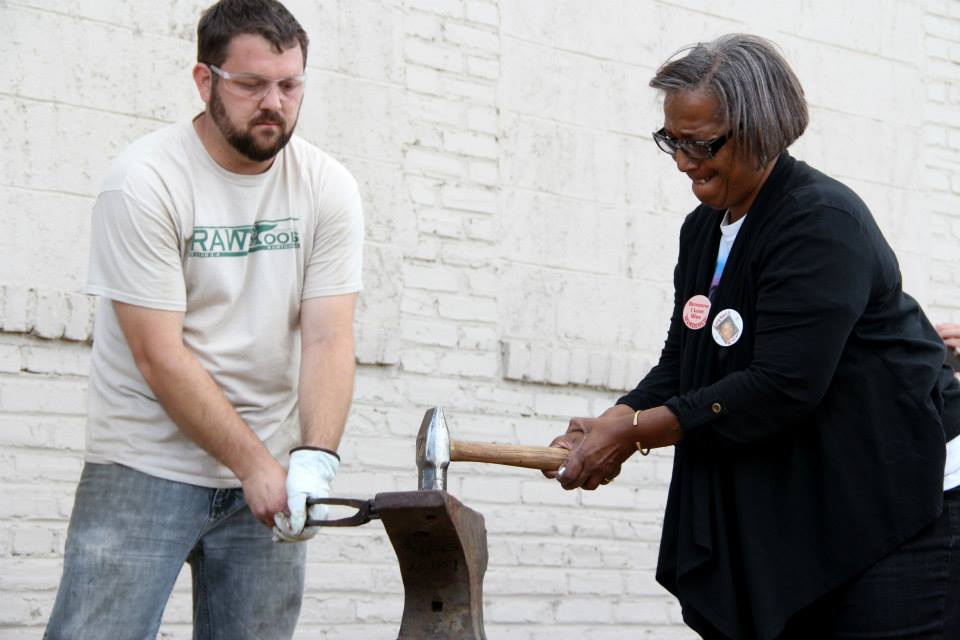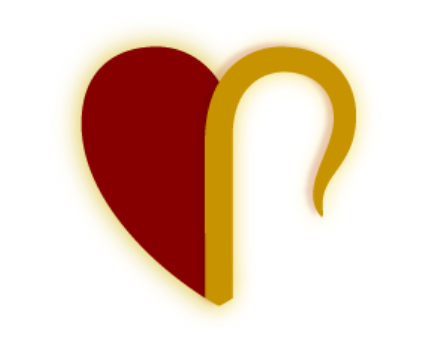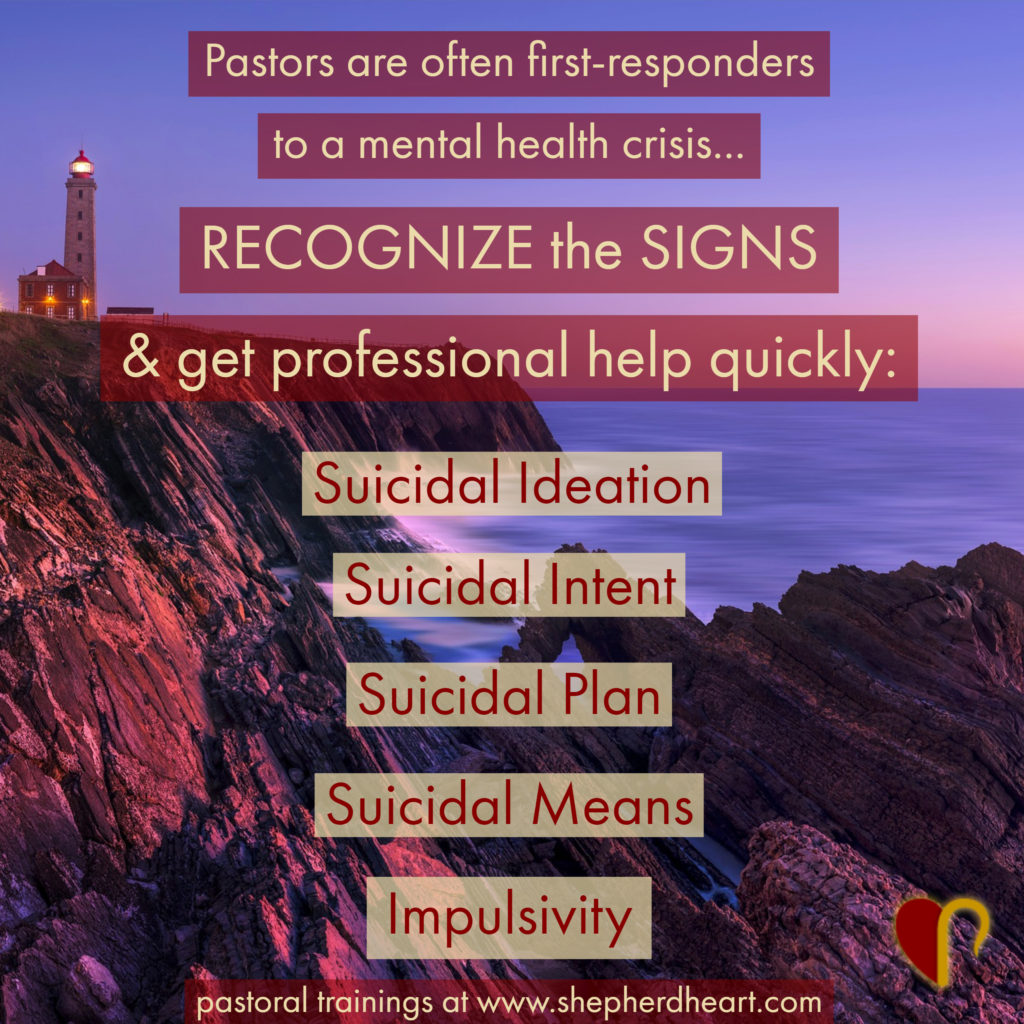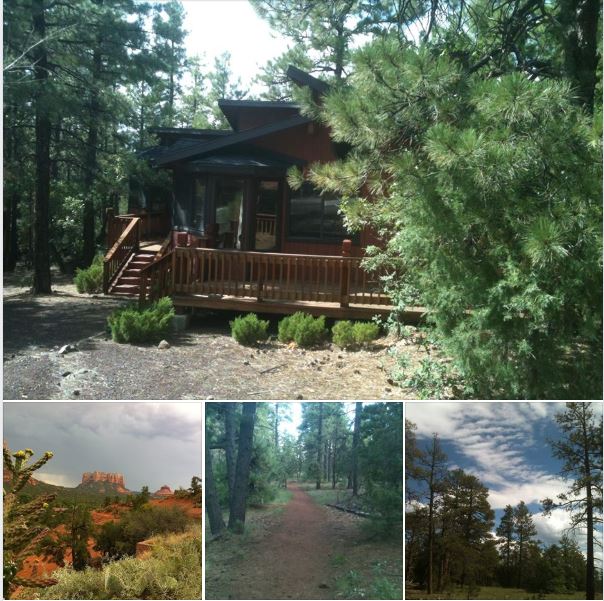
By Mike Martin
When I watch a gun be transformed into a garden tool, I get to watch transformation happen before my eyes. All of my senses are engaged. I feel the heat of the fire. I hear the whir of the forge and the bang of the hammer. I smell the hot metal-and sometimes this helps me even get a taste of it. And it’s not long before I can taste the food grown with this new garden tool.
But do we get to experience this with all types of transformation? How do we express this fully human experience for a transformation of the heart?
In my work with RAWtools, we’ve combined the transformation of a gun into a garden tool with a public experience. It’s an invitation for a community to engage with gun violence in a unique way. Every event is different and speaks from a unique context. If you attend one, you’ll hear from artists – singers-poets-painters, and sculptors alike. You’ll hear from people who have been impacted by gun violence and are ready to share their story.
Directly after their story, they are invited to take a hammer and help be a part of transforming a gun into a garden tool-transforming something that altered their life forever, into something positive. I feel like I will forever search for words for what happens in these moments. A blacksmith friend told me many metal workers, especially in agrarian cultures, see iron ore as the blood of the earth. I think this is an important connection to make when someone who has lost someone to gun violence, to bloodshed, picks up that hammer and hits on a gun barrel.
Folks impacted by trauma experience a transformation of the
heart that they didn’t have control over.
Something was turned around in their life. It might be a choice they made or a choice
someone else made. We’ve had people take
up the hammer who have lost loved ones, and who have taken loved ones – victims
and offenders. They often bring their
pain to speech as they hammer the metal.
This is when something unseen becomes seen.
I wonder if our world needs more witness to moments like this. Public vulnerability is a rare site. But that’s part of what is happening. I hear more and more that this specific
experience is the first time these survivors have ever been able to express
their grief in a healthy way, after decades for some.
This is not an invitation for blanket vulnerability in
unsafe spaces. This is an invitation to
create more safe spaces to be transformed by someone else’s vulnerability.
Turning swords into plowshares will always be the easy part of our work in
exchanging tools of violence for tools of creation. The hard part will always be using our new
tools. It will require us to be
vulnerable, but most especially, it will require our neighborhoods to become
safe spaces for shared vulnerability.
This is how I’ve begun to describe the transformation at the anvil. Its the vulnerable plea to a community to move
in a different direction, to take ownership in transformation.

Mike Martin is licensed for specialized ministry through Mountain States Mennonite Conference for the work of RAWtools. He is co-author of Beating Guns: Hope for People Who Are Weary of Violence.


